& Structure, Inhabia * * ** * Bedically * * * & Project, Method, & Structure* * * * * * * * * * * * * * * * * * * * * * * * * * * * * *

Online Casino Payments offer diverse funding options, from traditional bank transfers to e-wallets l…….
In the dynamic world of online gambling, a fundamental aspect that drives the industry’s growth and accessibility is the intricate system of Online Casino Payments. This article aims to take readers on an in-depth journey through the various facets of this payment methodology, exploring its impact, evolution, and role in shaping the global gaming landscape. As the online casino market continues to expand at a rapid pace, understanding how players transact and manage their funds is crucial for both industry stakeholders and enthusiasts alike.
Online Casino Payments refer to the financial transactions that enable players to fund their online gambling accounts and withdraw their winnings. It involves a complex interplay of technology, security protocols, and payment gateways designed to facilitate secure and efficient money transfers. At its core, this system comprises several key components:
Payment Gateways: These are the digital bridges between online casino platforms and various financial institutions. Payment gateways process transactions, ensure data encryption, and verify the legitimacy of payments. Examples include popular options like PayPal, Stripe, and Neteller.
Cryptocurrencies: A revolutionary addition to online payments, cryptocurrencies offer anonymity, security, and fast transaction speeds. Bitcoin, Ethereum, and Litecoin are some examples used in the gambling industry for peer-to-peer transactions.
Online Banking Transfers: Traditional banking methods still hold significant importance, allowing players to link their bank accounts directly to their casino wallets for seamless deposits and withdrawals.
Prepaid Cards: These cards, often purchased at retail outlets or online, provide a convenient way for players to fund their casino accounts without revealing personal banking details.
E-wallet Services: E-wallets act as digital money holders, allowing users to store funds securely and make transactions with a single click. Popular e-wallet providers include Skrill and PaySafeCard.
The concept of online casino payments has evolved significantly since the inception of online gambling. Initially, players had limited options, primarily relying on credit cards and wire transfers. However, as technology advanced, the industry witnessed the introduction of more secure and user-friendly payment methods, leading to a surge in player satisfaction and engagement.
The global online casino payments market is a dynamic and diverse ecosystem, influenced by varying cultural, legal, and economic factors across different regions. Here’s an overview:
| Region | Key Trends | Regulatory Environment | Popular Payment Methods |
|---|---|---|---|
| North America | Strong focus on mobile gaming and sports betting | Strict regulations, with each state having its own gambling laws | Credit cards, e-wallets (PayPal, Skrill), and bank transfers dominate |
| Europe | Increasing preference for cryptocurrency payments; robust consumer protection laws | Diverse regulatory frameworks across EU member states, with some countries allowing online gambling more freely than others | Cryptocurrencies, e-wallets, and direct bank transfers are widely accepted |
| Asia Pacific | Rapid growth in mobile gaming, especially in China and Japan | Strict regulations, with China having a highly controlled gaming market; Japan offers a more open environment | Online banking, prepaid cards, and local e-payment solutions are prevalent |
| Latin America | Emerging online gambling market with growing popularity | Varied legal landscapes, with some countries legalizing online casinos recently | Credit cards, bank transfers, and local payment gateways are the primary choices |
As seen in the table, the adoption of specific payment methods varies significantly across regions. For instance, cryptocurrency payments have gained traction in Europe due to relaxed regulations and a tech-savvy population. In contrast, North America favors traditional payment options like credit cards, while Asia Pacific sees a surge in mobile banking integrations.
The online casino payments market is a significant contributor to the global economy, with several economic factors at play:
Market Size: The global online gambling market was valued at USD 67.3 billion in 2021, projected to reach USD 145.4 billion by 2028 (source: MarketWatch). This substantial growth directly impacts the payments sector, as more players join the digital gaming community.
Investment Trends: Major financial institutions and investment firms have shown interest in online gambling, recognizing its potential for revenue generation. For instance, The Stars Group (now Flutter Entertainment) acquired numerous online casino brands, indicating a significant commitment to this industry.
Revenue Generation: Online casino payments contribute to the overall revenue of gaming operators. According to a report by H2 Gaming Capital, the online gambling market in 2021 generated approximately $57 billion in global revenue.
Economic Impact: The industry creates employment opportunities and generates tax revenues for governments. Many countries have recognized the potential of online gambling to boost their economies, leading to more favorable regulatory environments.
Technology plays a pivotal role in shaping the future of online casino payments, with several groundbreaking innovations already making waves:
Blockchain and Smart Contracts: Blockchain technology ensures secure, transparent, and tamper-proof transactions. Smart contracts enable automated payment processes, reducing the need for intermediaries. This technology is set to revolutionize peer-to-peer gaming transactions.
Biometric Authentication: Fingerprint and facial recognition technologies enhance security and user experience. Biometric login methods allow players to access their accounts quickly without compromising security.
AI-powered Fraud Detection: Advanced AI algorithms can identify suspicious transaction patterns, reducing fraud and money laundering risks for both casinos and players.
Mobile Payment Integration: With the widespread adoption of smartphones, mobile payment solutions are becoming increasingly popular. QR code payments and digital wallets on mobile apps offer convenience and speed, especially in regions with high mobile penetration rates.
As the online casino industry continues to grow, ensuring player safety and security becomes paramount. Here’s an overview of key considerations:
Data Encryption: All reputable online casinos use advanced encryption protocols (SSL/TLS) to protect sensitive data during transmission. This safeguards players’ personal and financial information from potential cyber threats.
Anti-Money Laundering (AML) Measures: Casinos are subject to strict AML regulations, requiring them to verify player identities and monitor transactions for suspicious activity. Robust AML policies protect both casinos and players from financial crimes.
Licensing and Regulation: Licensing authorities oversee the operations of online casinos, ensuring fair play and secure payment practices. Regulated markets offer better protection to players and attract more reputable operators.
Player Self-Exclusion: Many platforms now provide tools for players to set deposit limits or temporarily/permanently exclude themselves from gambling activities, promoting responsible gaming.
The online casino payments industry is poised for further innovation and growth in the coming years, driven by several emerging trends:
Central Bank Digital Currencies (CBDCs): Many central banks are exploring the idea of issuing their own digital currencies. CBDCs could revolutionize cross-border transactions, offering faster and cheaper alternatives to traditional methods.
Tokenization: Tokenization allows players to represent their assets, including cryptocurrency and loyalty points, as tokens on a blockchain. This enables easier cashouts and enhances player flexibility.
Seamless Cross-Border Payments: With the rise of global gaming communities, seamless cross-border transaction processes will be essential for operators catering to international audiences. Blockchain technology is expected to play a significant role in achieving this.
Personalized Payment Options: Online casinos are likely to offer more tailored payment solutions to cater to diverse player preferences and needs. This could include customized promotional offers and loyalty programs tied to specific payment methods.
As the online casino payments landscape continues to evolve, players can expect improved security, faster transaction speeds, and a broader range of options to enhance their overall gaming experience.

Online Casino Payments offer diverse funding options, from traditional bank transfers to e-wallets l…….

Cryptocurrencies and blockchain technology have disrupted traditional finance, offering secure and t…….

Paysafecard is a secure and anonymous digital payment solution popular for Online Casino Payments, o…….
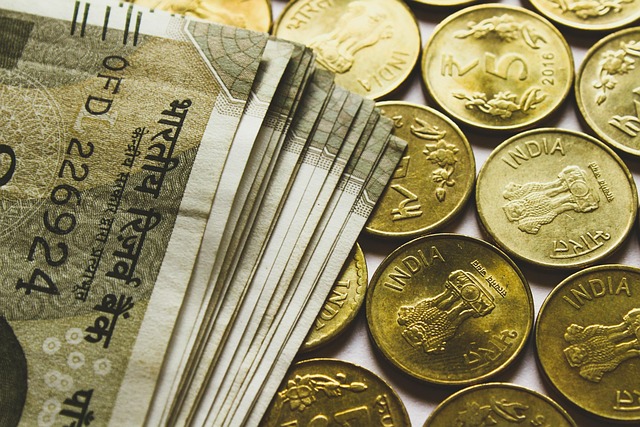
Neteller is a leading online payment platform renowned for its Online Casino Payments services. It o…….
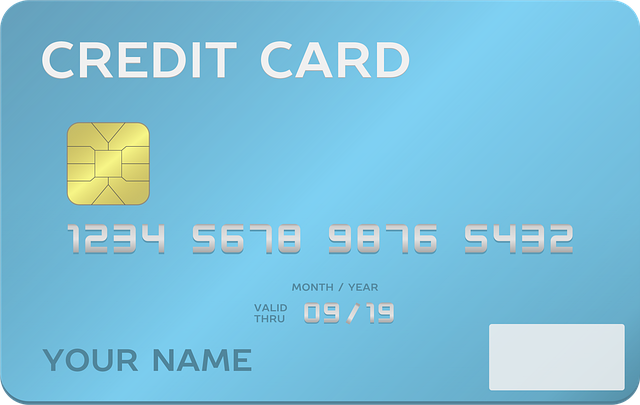
Online casino payments offer diverse, secure options including cards, e-wallets, cryptocurrencies an…….
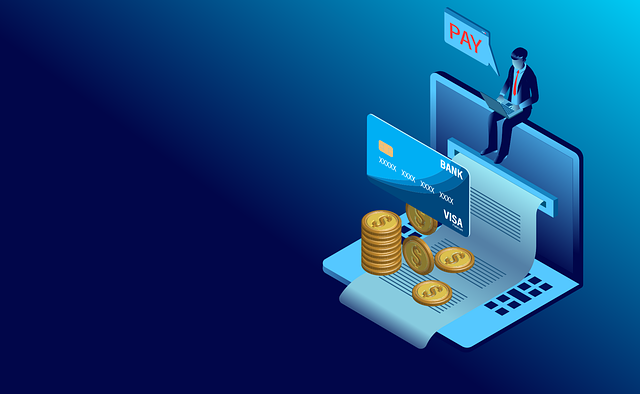
E-wallets enhance online casino payments with secure, fast, and convenient transactions. They offer…….
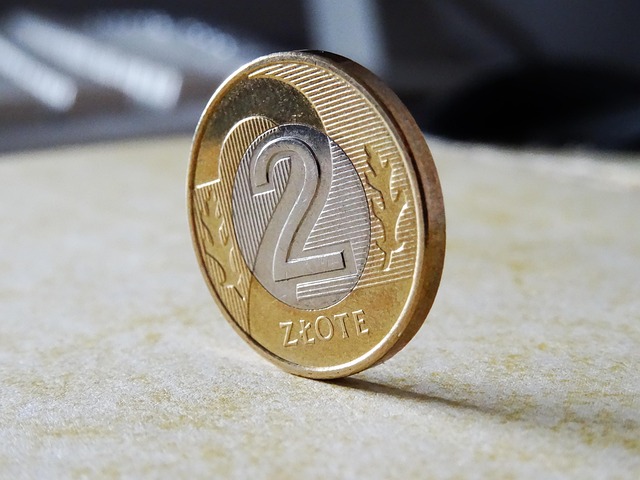
Litecoin (LTC), launched in 2011, offers faster and cheaper transactions than Bitcoin, appealing to…….
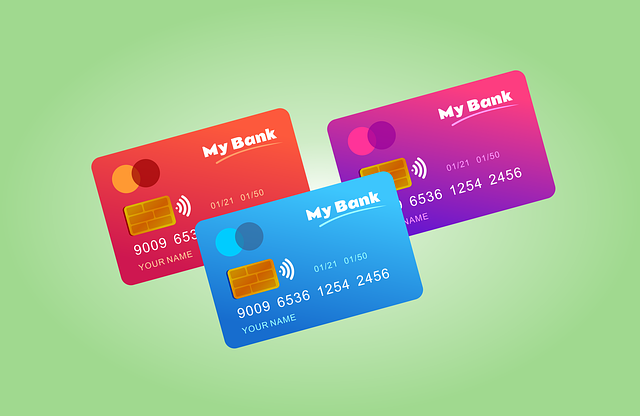
Neteller, a trusted online payment gateway, specializes in Online Casino Payments with intuitive des…….